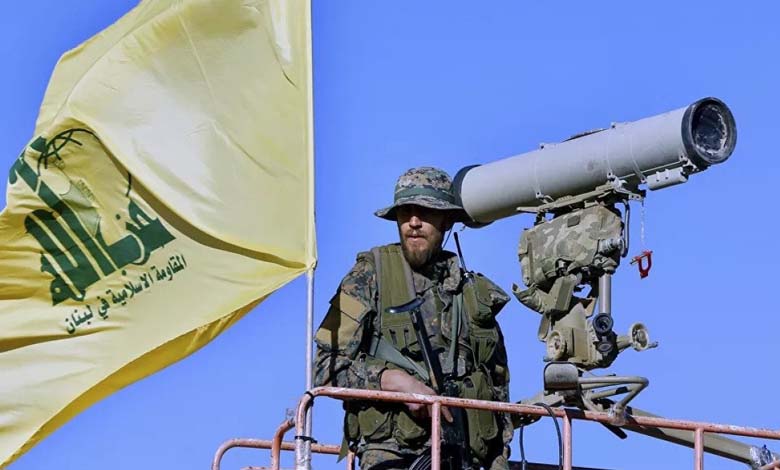Behind the Scenes of the “Pager Attacks”: A Complex Plan 15 Years in the Making

The secrets and behind-the-scenes details of the attacks using wireless pagers owned by Hezbollah members in Lebanon continue to unfold, revealing the complexity of the operation and its planning.
-
The “Empire” of Smuggling and Gold: Why Lebanon Grows Poorer While Hezbollah Becomes Wealthier
-
Hezbollah’s Response to Chokr’s Assassination Eased Tensions
An American intelligence source told ABC News that Israel played a role in manufacturing the pagers that exploded among Hezbollah members this week, stating that this type of operation, known as a “supply chain interception,” had been planned for at least 15 years.
The source explained that the CIA had long been hesitant to use this tactic due to the high risk to innocent civilians.
The planning of the attack, the source added, involved fake companies, with multiple layers of Israeli intelligence officers and assets injected into the front of a legitimate company that produced the pagers.
-
What Weapons Will Hezbollah Use in an Open War with Israel?
-
Washington Post reveals how Lebanese pay the price for Iranian threats and ongoing Hezbollah-Israel clashes
The New York Times was the first to reveal Israel’s involvement in the manufacturing.
According to the source, between one and two ounces of explosives and a remote detonator were planted in the pagers.
The explosions of the pagers over the past two days in Lebanon have resulted in at least 37 deaths and 2,931 injuries, according to Lebanese Health Minister Firas Al-Abyad.
-
Hezbollah Bets on Tunnel Warfare in Confrontation with Israel
-
Can Israel Deter Hezbollah? Dark Scenarios for a Potential Confrontation
Amount of Explosives
In this context, a senior Lebanese security official and another source told Reuters that Israel’s intelligence agency, the Mossad, had placed small amounts of explosives inside 5,000 Taiwanese-made pagers ordered by Hezbollah months before Tuesday’s explosions.
The details reveal an unprecedented security breach for Hezbollah that led to the destruction of thousands of devices across Lebanon.
The Iranian-backed group has vowed to retaliate against Israel, whose army has refused to comment on the explosions.
-
Israel avoids total war in response to Hezbollah
-
Hezbollah Focuses on Targeting Israeli Gas Fields
-
Hezbollah Conceals Its Losses with Promotional Displays of the ‘Hudhud’ Drone
The senior Lebanese security official stated that Hezbollah had ordered 5,000 pagers produced by the Taiwanese company Gold Apollo, and several sources said they arrived in the country in the spring.
He also showed an image of the device, an AR924 model, similar to other pagers that receive and display wireless text messages but cannot make phone calls.
-
Know Hezbollah’s “Primitive” Tactics in Confronting Israeli Technology
-
Violent Clashes Between Hezbollah and Israel Amid Preparations for Total War in Southern Lebanon
Difficult to Detect
Two sources familiar with Hezbollah’s operations told Reuters earlier this year that Hezbollah members use these devices as a low-tech communication method to evade Israeli tracking systems.
However, the senior Lebanese official said the devices were modified “during production” by Israeli intelligence.
The official added, “The Mossad inserted a chip inside the devices containing an explosive substance that is activated by a code that is extremely difficult to detect by any means, even using any scanner or detection device.”
-
Israel and Hezbollah: Is Confrontation Inevitable?
-
Leaks from the Secret Meeting: Iran Refuses to Support Hezbollah and its Iraqi Militias Against Israel
He continued, saying that 3,000 pagers exploded simultaneously when they received a coded message that triggered the explosives.
A Hezbollah official, speaking on condition of anonymity, stated that the explosions represent “the largest security breach” for the group since the conflict in Gaza between Israel and Hamas began on October 7th.
Meanwhile, Jonathan Panikoff, former deputy national intelligence officer for the Middle East, commented that Hezbollah may downplay “its greatest counterintelligence failure in decades,” but the growing tensions could eventually lead to a full-scale war if diplomatic efforts remain insufficient.












